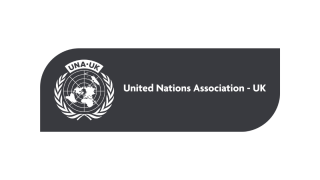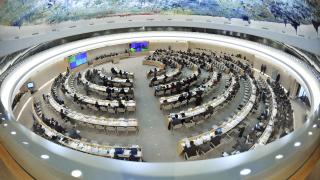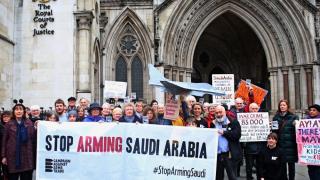
On 7 November UN member states voted overwhelmingly in favour of finalising a global Arms Trade Treaty in March 2013. The creation of a strong global Arms Trade Treaty could significantly reduce the armed violence caused by weapons falling into the hands of criminals, insurgents and human rights abusers.
With 157 'yes' votes, 18 abstentions and zero 'no' votes, the resolution - co-authored by the UK - is the most emphatic signal yet of the international community's commitment to address the scourge of an unregulated arms trade.
As with the previous ATT negotiations, the Final United Nations Conference on the Arms Trade Treaty scheduled for 18-28 March will operate on the basis of consensus. UNA-UK has consistently raised concerns about the consensus driven process.
With the consensus rule in place, there is the danger that in March we could see a repeat of last July’s inconclusive ATT conference where the US and a handful of others were able to derail the process at the last minute despite the large majority of states in favour of adopting a treaty.
However, following intense lobbying from NGOs including UNA-UK, it is encouraging to see that the passed resolution contains a clause to keep the ATT on the UN’s agenda, which will pave the way for a vote at the General Assembly next year should the March conference end in disagreement. Here, the vote need not be constricted by consensus and the weight of the vast majority of states in favour of a strong ATT would be felt.
We must secure a robust treaty
Negotiations at the March conference will be based on the draft treaty on the table at the end of the July conference. In a letter to Alistair Burt MP, FCO Minister for Counter Proliferation, UNA-UK’s Chaiman Sir Jeremy Greenstock has raised concerns about a number of loopholes and weaknesses in the draft treaty which need to be addressed before it can be considered robust and effective. In an encouraging reply, the Minister acknowledges that additional work is required to make the draft ‘more coherent and effective’.
UNA-UK strongly believes that although a treaty with broad participation has advantages, a robust ATT, even if not all states are willing to ratify it in the short term, will prove far more effective in the long run than a weaker text that every state can subscribe to but that does not represent tangible progress.
A weak treaty risks both institutionalising unacceptably low regulatory standards for arms transfers and legitimising irresponsible behaviour. It would still give too much legal cover to those selling weapons that fuel conflict and instability.






